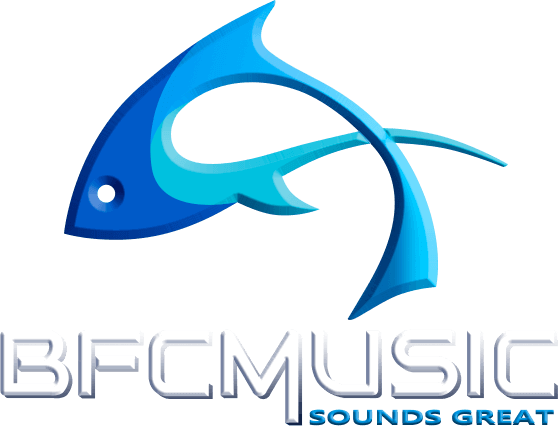What exactly is royalty free music?
This article will endeavor to clarify precisely what Royalty Free Music is and dispel the absolute most frequent misconceptions.
More or less Royalty Free Music alludes to a sort of music licensing that permits the buyer to pay for the music license just a single time and to utilize the music as long as they like.
For instance, suppose you buy a Royalty Free Music license for a video on your site. You pay the same amount whether you have 100 viewers or 10,000 viewers, and regardless of whether you utilize the music for a month or ten years. Or on the other hand, you may acquire a TV advertising license for your new café.
You pay once, and the commercial can run once a week, or for five years. You pay once and you use it however long you like. And of course, the vast majority of Royalty Free music implies forever use in one project (or a limited number of episodes for example in a TV series). «Pay once» doesn’t mean that you can use music wherever you want. For another project you need to buy another license.
Royalty free, why it’s a confusing phrase?
The phrase “Royalty Free” is perplexing for a variety of reasons. In reality, it just means “Free of Royalty.” The phrase contrasts with “rights managed” licensing, in which the customer pays royalties based on how many times it will be utilized and the size of region.
With Rights Managed licensing, often known as “Needle Drop” licensing, you must pay a charge each time the music is played, or as the old expression goes, each time the “needle is dropped” on the record.
Royalty free music is not free!
It is “Royalty Free” not “Cost-Free.” It’s not free, but it’s exempted from taxes, much as “tax free” goods.
Furthermore, yes certain individuals might be providing their music for nothing — whether or not it is also Royalty Free! For instance, a composer might be offering you his music for nothing for your College film in return for crediting his work.
Royalty free music is not the same as copyright music
I’m not sure whether there is such a mind-bending concept as “Copyright-Free” music because everyone who makes music has the Copyright to that song.
The composer may not care and claim that anybody can use his music for whatever purpose they choose. In this situation, the owner of the Copyright grants you the “right to copy” his song for whatever reason. So, while it is free to use, it is not free of Copyright.
And this doesn’t imply that the artist has relinquished his Performing Rights if, for example, his music is used as BGM on TV. The artist, as the owner of the copyright, may wish to collect composer royalties for public performances of his music. Even recordings of Public Domain music are not free of copyright. The music may be Copyright-Free, but the sound recording is not (also known as the Master).
Royalty free is not low quality music
Royalty free is not royalty free! What???
Typically, “public performance” royalties are not included in Royalty Free Music licensing. These are royalties given to artists when their music is broadcast publicly, such as on TV.
However, these royalties are not paid by the music consumer, but by the network that broadcasts the show in which the music is played, either as a featured piece or, more often, as BGM on TV. The networks pay Performing Rights Organizations (PRO) such as ASCAP, BMI, SESAC, SOCAN, PRS, and others to distribute performing royalties to music artists.









